Arkitrek 2013 Design Brief
Design Brief
The brief for the Arkitrek 2013 group Design/Build project is the renovation of a renewable energy Innovative Skills Training Centre (ISTC) in the Kadazan village of Nampasan, Sabah.
About the ISTC
Green Empowerment and TONIBUNG (Friends of Village Development), aim to incubate community-based renewable energy development in Malaysia by establishing a training center and micro-hydro assembly plant at Nampasan village in the outskirts of Kota Kinabalu, the State capital of Sabah.
In the first part of the Native Innovation program commencing January 2012, experts in community-based renewable engineering will transfer their knowledge to fifteen indigenous micro-hydro system operators hailing from remote, rural villages. Training modules will start in the classroom and move through workshop and field exercises before culminating in the design, implementation and evaluation of a micro-hydro project at the site of Kampung Tiku, in Sabah’s Crocker range.
The program will continue educating micro-hydro operators so that they are able to lead their communities into a clean energy future and to increase employment opportunities for rural Sabahans.
Project Brief Particulars
Arkitrek, in collaboration with TONIBUNG and Green Empowerment are announcing this project brief for the group design/build stage of the Arkitrek 2013 program .
Arkitrek participants will collaborate with indigenous artisans to design and renovate an existing training center on ancestral land. The design will have to be flexible to accommodate the growth of the training program and workshop. The ISTC will accommodate demonstrations, training and micro-hydro turbine assembly in a residential centre.
Arkitrek will help to cultivate a space where an international group of clean-tech scholars and enthusiasts can join village-based practitioners in developing grassroots solutions to energy security, deforestation and climate change. It is expected that as TONIBUNG and Green Empowerment scale up their operations in Malaysia, the center will be required to hold additional trainees and additional training sessions. The idea is also to help cultivate a space that residents in the village of Nampasan are proud of, and will continue to utilize and care for after the project duration.
Schedule of Accommodation
– A partitioned workshop to accommodate spaces for hands-on mechanical & electrical engineering training sessions, as well as a space set aside for turbine assembly
– A toolshed
– A classroom and lecture hall for theory sessions
– A dormitory, housing up to 20 trainees at any given time in addition to the existing 8 staff members that live there currently
– Two kitchens, one for trainees and one for staff
– A common area/break out space
– Office space
Deliverables for Arkitrek 2013
Arkitrek 2013 participants will be responsible for master-planning the 0.3 acre ISTC site and selecting one or more of the components of the schedule of accommodation to design and build.
More Background Information
Indigenous peoples in Malaysian Borneo face common threats from deforestation and climate change, loggers, plantations; mega-dam projects; mining and other extractive industries encroaching on their ancestral lands and forests. These expanding industries threaten indigenous lives, customary institutions, existing conservation-supportive resource management schemes, and cultural heritage. The Indigenous peoples of Borneo are guardians not only of the forests that sequester vast stores of carbon and biodiversity; they also hold knowledge that allows them to live sustainably within the bounds of their forests and connected natural resources. Indigenous leaders in Malaysian Borneo believe that only solutions rooted in adat (cultural beliefs and heritage) and respectful of traditional innovations and knowledge will sustain Borneo’s forests in the long-term.
As an environmentally low-impact technology that celebrates, rather than degrades indigenous value systems, micro-hydropower systems represent one such innovation that is able to reconcile the developmental paradox today’s indigenous communities find themselves in. TONIBUNG and Green Empowerment have over a decade of collective experience developing micro-hydro systems, which are simple, run of the river schemes that provide power for domestic use and for cottage industries. The availability of such a system allows consistent access to electricity and mechanical energy for activities like milling, relieving economic pressures on rural village residents, especially women. Since micro-hydro systems require healthy watersheds to optimize their power output, watershed conservation and management plans are integrated features of every project. It is in this way that micro-hydro systems provide incentives for environmental stewardship.


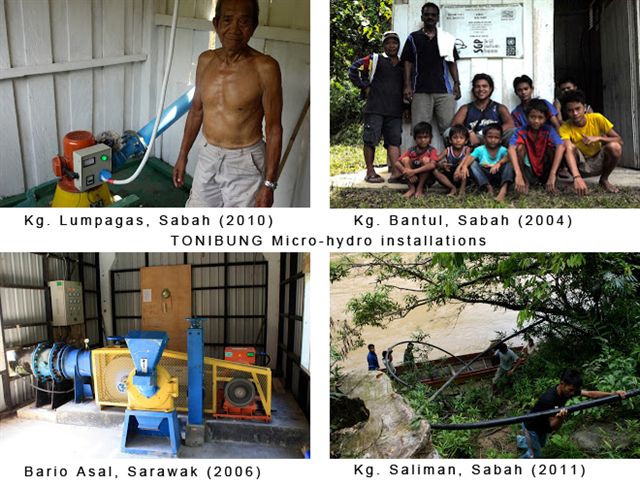
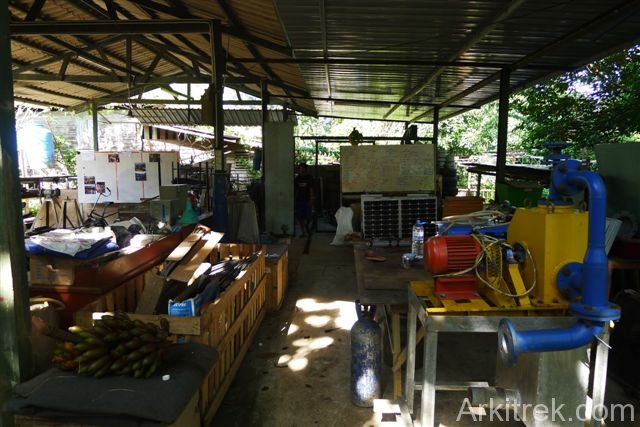

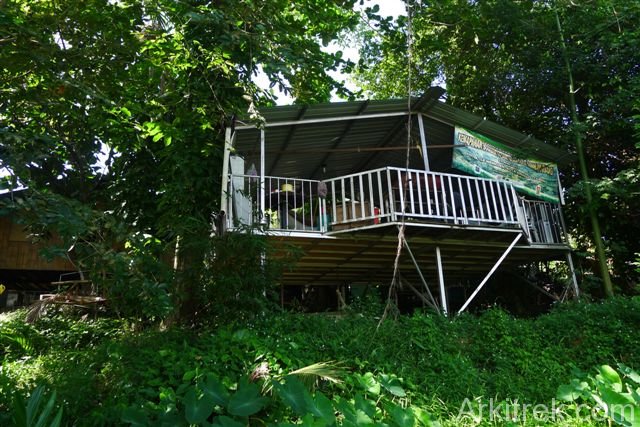

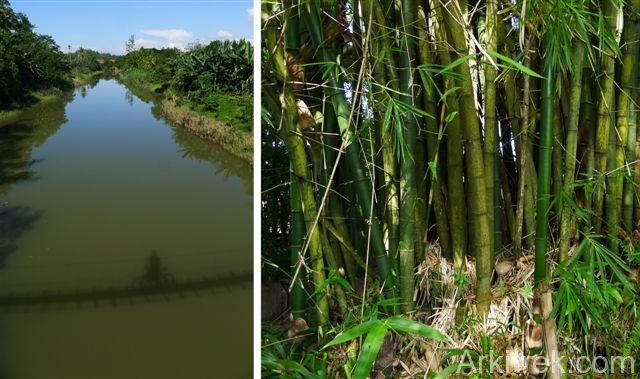

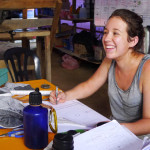
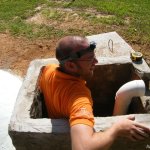
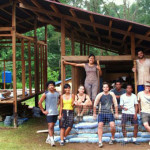
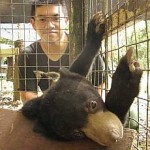
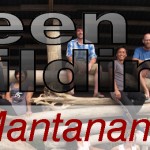
Pingback: Back to Kota Kinabalu « PRHLseAsia2013